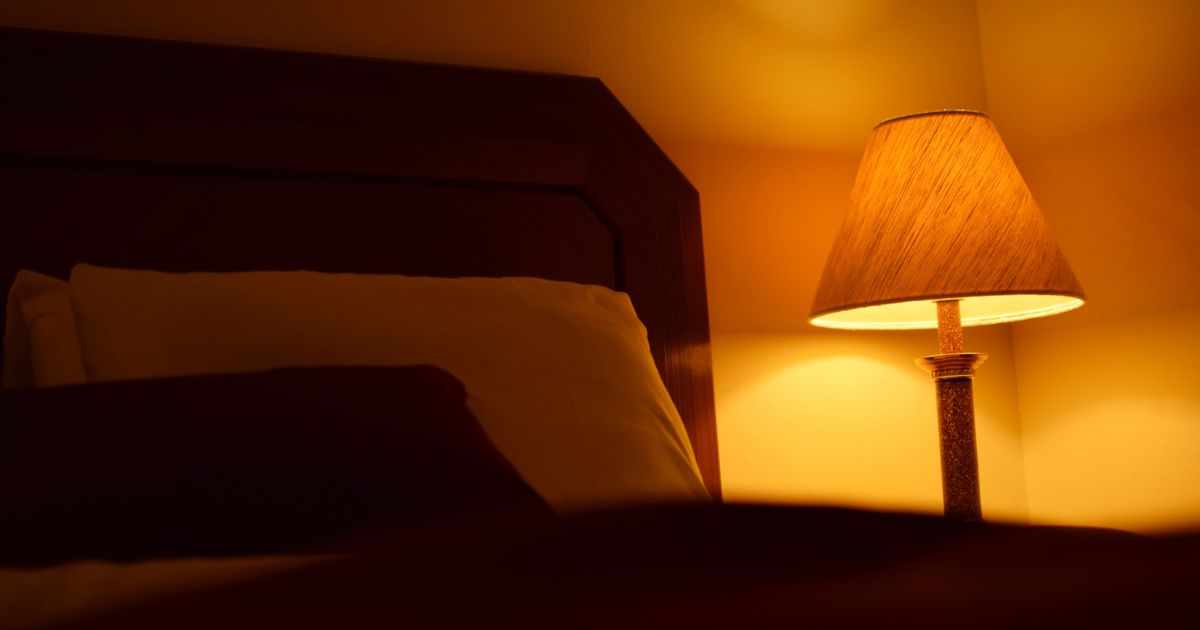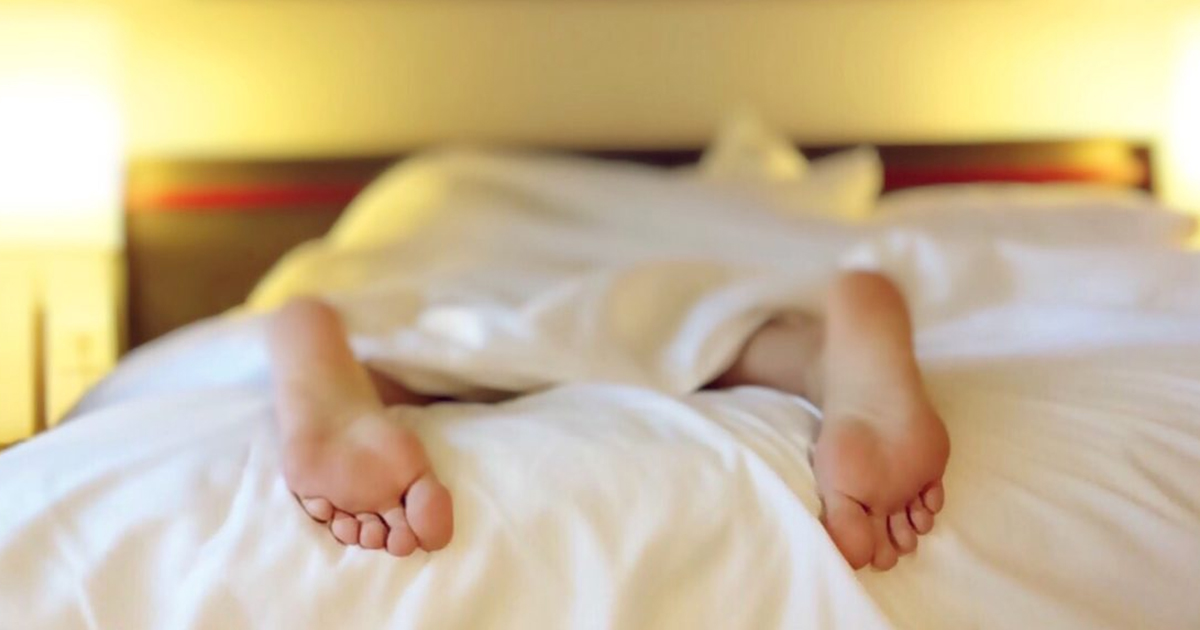Going through life feeling sleep deprived is not an enjoyable feeling for anyone. Getting the right amount of sleep and good quality sleep plays an important role in how well our next day goes. This is especially true when we frequently aren’t getting the type of sleep we need. Some factors that interfere with sleep are out of our control, but developing habits that encourage better sleep can make us feel more rested despite sleep interruptions. Just as you learned to practice good hygiene as a child such as washing your hands and brushing your hair, you can learn to sleep better each night with sleep hygiene. New sleep habits may take time to establish and will need to be followed consistently to become part of your natural routine. Be patient and dedicated, and you’ll feel the short-term and long-term effects of a better night’s sleep. In this blog, we’ll explain what exactly sleep hygiene is and how to practice it.
What Is Sleep Hygiene?
‘Sleep hygiene’ is a term that refers to healthy sleep habits. Some sleeping issues are caused by behaviors, routines, and environmental factors. Over the years, many of these habits become part of our daily routine, so much so that we don’t realize how poorly they’re affecting our sleep. Thankfully, these habits are under our control and we have the power to change them by making small adjustments to our daily lifestyle. These changes will improve the quality of sleep we get, which will in turn improve our quality of life. A lack of proper sleep can be linked to serious health issues, both mental and physical. Consequences of interrupted sleep include emotional distress, mood disorders, and memory problems. Over time, a lack of quality sleep can even lead to chronic health issues such as high blood pressure and heart disease. Let’s take a look at how to start improving your quality of sleep, and life, today!
How To Improve Sleep Quality
Better quality sleep is only a few steps away! While making all these changes at once may seem daunting, slowly incorporating them into your lifestyle one at a time is more manageable. Follow these sleep tips to begin your journey to a better night’s sleep:
- Set a sleep schedule. Sticking to a consistent sleep schedule leads to better sleep because it allows you to maintain the timing of your internal clock. Going to sleep at vastly different times each night can be compared to changing time zones, causing you to wake up feeling groggy and unrested. To make this change, gradually make adjustments of about an hour or two until you have a set sleep time and wake time that works for you.
- Establish a nightly routine. The way that you prepare for bed has a major impact on how well you sleep. This transition from wake time to sleep time can be difficult on the body and mind without a proper routine. Following the same steps each night is one way you can establish your personal nightly routine. For example, always put on your pajamas and then brush your teeth. These small routines train your mind to know it’s time to go to bed. Try to allow for about 30 minutes of getting ready for bed and doing something that relaxes you. It is difficult to rest when our minds are racing, so doing a calming activity that you enjoy such as reading, taking a bath, or listening to soft music can help relax your mind and get it ready for sleep.
- Maintain daily habits. Your daytime habits are just as important as your nighttime habits when it comes to getting good sleep. During the day, be sure to get daylight exposure and be active. Also, try to avoid naps and smoking as these habits disrupt sleep during the nighttime. Another helpful tip is to only use your bed for sleeping. This will build a link in your mind that your bed is only for rest, not working or socializing. In the evening before bed, reduce alcohol consumption, screen time, and eating.
- Create a positive sleep environment. A crucial component of proper sleep hygiene is your sleep environment. While personal preferences for comfort vary from person to person, there are general positive factors that lead to getting a good night’s rest. One of these factors is having a mattress, pillow, and sheets that fit your personal needs and desires. If you are uncomfortable in your bed, it can be difficult to get quality sleep. The bedroom should also be set at a temperature that you are comfortable in, but the suggested temperature for quality sleep is between 60 to 67 degrees Fahrenheit. Other tips to establish a good sleep environment are to block out light, turn off electronics, and drown out the noise.
Jacksonville Sleep Center
If you feel you already have good sleep hygiene or have tried these tips and still don’t get quality sleep, it may be time to get professional guidance. Keep in mind that everyone experiences poor sleep from time to time. There are many factors outside of sleep hygiene that can affect sleep. Children, thunderstorms, stress, and noisy neighbors are a few examples of causes of sleep disruption. However, if you frequently have issues sleeping even when these factors aren’t at play and you’ve established positive sleep habits, the professionals at Jacksonville Sleep Center are here to help. We know how frustrating it can be to feel tired but struggle to sleep. When you book an appointment with us, we will discuss your sleep concerns with you and create a treatment plan. For more information or to schedule an appointment, call 904-854-6899.






